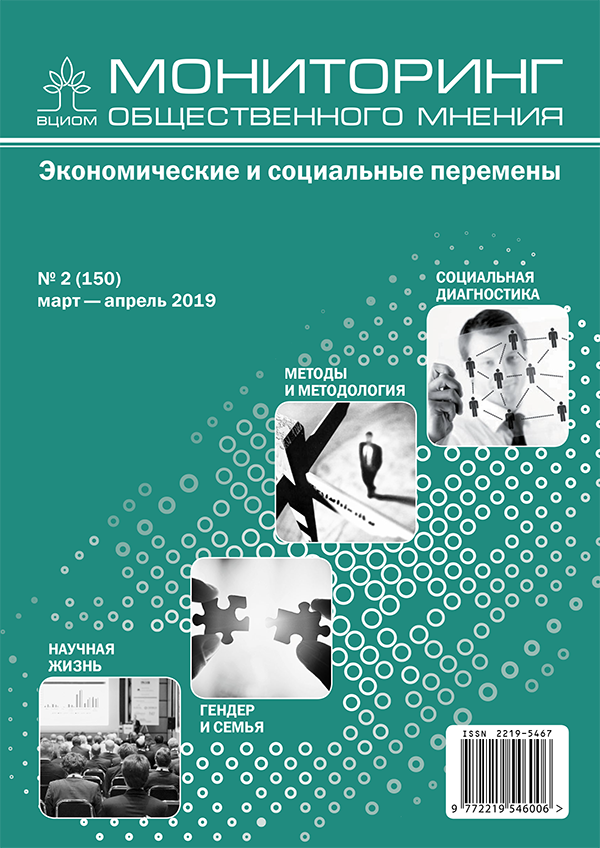Blockchain for science: revolutionary opportunities, implementation prospects, potential issues
DOI:
https://doi.org/10.14515/monitoring.2019.2.16Keywords:
blockchain, smart contracts, tokenization, organization of scientific activitity, motivation of scientists, applied scientometricsAbstract
The article discusses the prospects for the use of blockchain (distributed ledger technology) in science. The author explains how the key features of this technology (decentralization, immutability of data, trust in trustless environment) may be useful in the organization of science. Successes and failures of relevant blockchain startups from Europe, USA and Russia are delineated. Four areas are described where the use of the blockchain is most active: source data processing and ways to solve the reproducibility crisis; optimization of publishing processes and peer review; reduction of bias, corruption and red tape in research evaluation and funding; building a more comprehensive, flexible and grassroots scientometrics. Finally, the author discusses the main challenges to integrating blockchain into the everyday practices of scientists: the conflict between the democratic potential of a new technology and its use as a tool of surveillance and control over researchers; the danger of purely monetary incentives for scientists (tokenization); the pros and cons of anarchic, commercial and state-run "blockchainization" of science.
Acknowledgment. The article was prepared with the financial support of the Russian Foundation for Basic Research (RFBR) within the framework of the scientific project "Network contracts (smart contracts) as a way of regulation and organization of scientific activity" (№ 18-29-16184).
The author expresses his gratitude to Ivan Tarkhanov (GAUGN) for valuable advice during the discussion of the manuscript.






